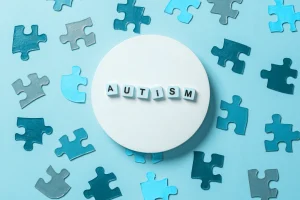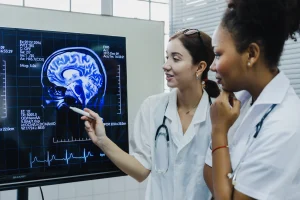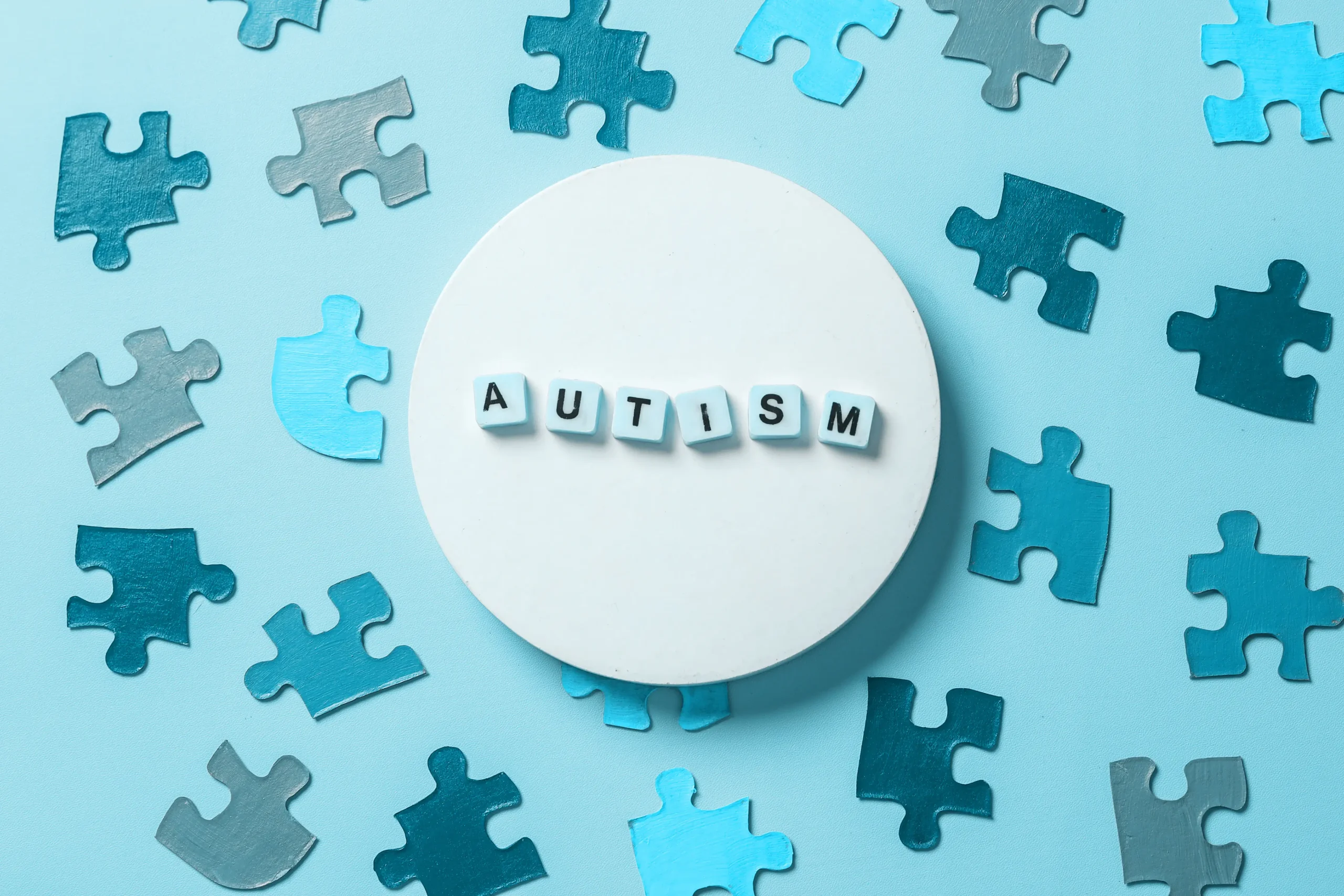Vaccines DO NOT Cause Autism
Speaking to Dr Yavini Reddy, Paediatric Neurologist at Lenmed Ethekwini Hospital and Heart Centre in Durban, she unequivocally said, “No, vaccines do not cause autism. The view that vaccines cause autism has not been validated. Studies show that being vaccinated or not vaccinated makes no difference to the occurrence of autism in children.”
Despite much controversy on the topic, researchers have not found a connection between autism and childhood vaccines. In fact, the original study that ignited the debate years ago has been retracted. In 1998, Dr Andrew Wakefield, a British surgeon and medical researcher, falsified data linking autism to the MMR (measles-mumps-rubella) vaccine. This small study was published in the Lancet Journal and attracted widespread media attention, triggering a global vaccine scare. The Lancet article was subsequently retracted when it underwent further inspection. In 2011 the British Medical Journal declared that the published medical study was fraudulent, and the provider’s medical licence was taken away.
Since then, there have been hundreds of studies done that disprove a connection between autism and the MMR vaccine.
Another concern was Thimerosal (a mercury containing preservative) in vaccines. All vaccines are now Thimerosal free, and this has had no impact on the incidence of autism.
The safety and effectiveness of vaccines are under constant study. In April 2015, the Journal of the American Medical Association published the largest study to date. Researchers in this study analysed the health records of over 95,000 children, with nearly 2,000 of those children considered to be at risk for autism because they had an older sibling already diagnosed with autism. The study confirmed that the MMR vaccine did not increase the risk for autism. “We can say with almost as much certainty than anybody could ever say that vaccines don’t cause autism,” said Mayo Clinic autism researcher, Dr Sunil Mehta.
According to Dr Veena Ahuja of the Cleveland Clinic, typical signs of autism, such as lack of eye contact and delayed speech coincide with MMR vaccinations given between 18 and 24 months, causing some parents to worry about vaccine safety. But, she said, this isn’t the case and that, while there is an understandable concern, there is no science that supports a link between the vaccines and an autism diagnosis.
In fact, Dr Ahuja said not having a child vaccinated poses a much greater threat to their wellbeing.
Childhood vaccines protect children from a variety of serious or potentially fatal diseases, including diphtheria, measles, mumps, rubella, polio, tetanus, whooping cough (pertussis) and others. If these diseases seem uncommon — or even unheard of — it is usually because these vaccines are doing their job. Avoiding childhood vaccinations can place your child and others in danger of catching and spreading serious diseases.
The increasing incidence of autism can be partially attributed to increased awareness by doctors and the public.
Autism spectrum disorder affects children of all races and nationalities, but certain factors increase a child’s risk: Boys are about four times more likely to develop autism spectrum disorder than girls are. Families who have one child with autism spectrum disorder have an increased risk of having another child with the disorder. It’s also not uncommon for parents or relatives of a child with autism spectrum disorder to have minor problems. Children with certain medical conditions have a higher-than-normal risk of autism spectrum disorder or autism-like symptoms.
For lists and links of studies to read about the evidence that there is no link between autism and MMR vaccines (and other concerns), click here.
The lenmed Group is a world-class chain of Private Hospitals that brings quality healthcare to communities across Southern Africa.
For more information please contact:
Dr Yavini Reddy, Paediatric Neurologist
MBChB, DCH, FC Paed, MMed, CERT Paed Neuro
Lenmed Ethekwini Hospital and Heart Centre
Tel: +27 (0) 31 581 2328
Email: [email protected] or [email protected]
Disclaimer: Any information contained here is merely a guideline. Always visit your healthcare practitioner for any health-related advice or diagnosis.














